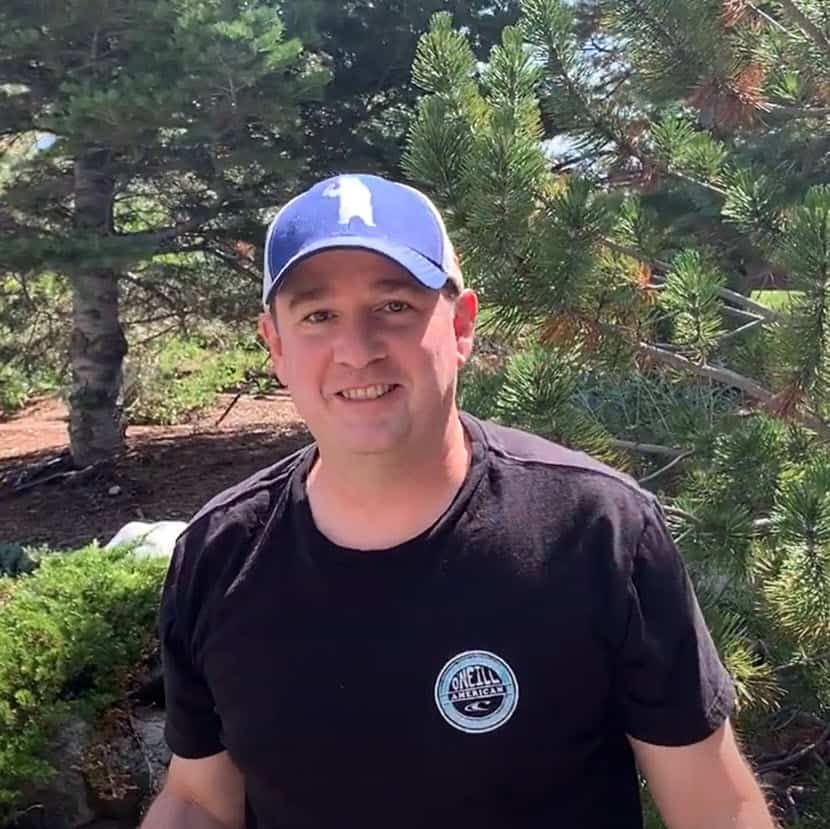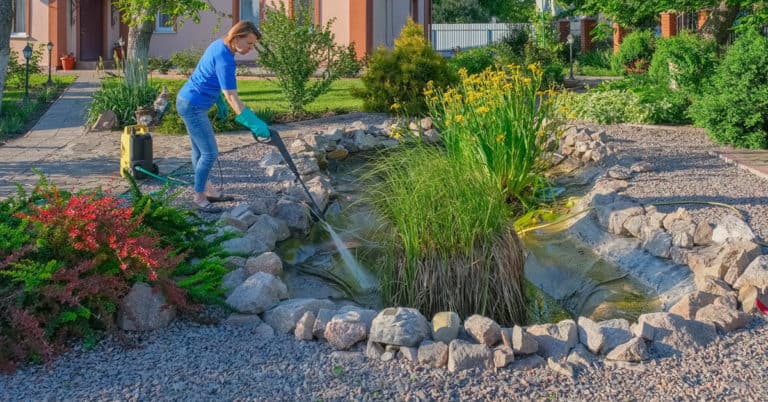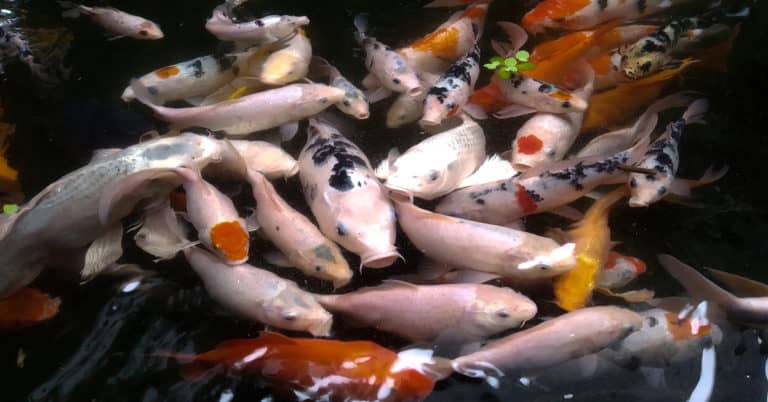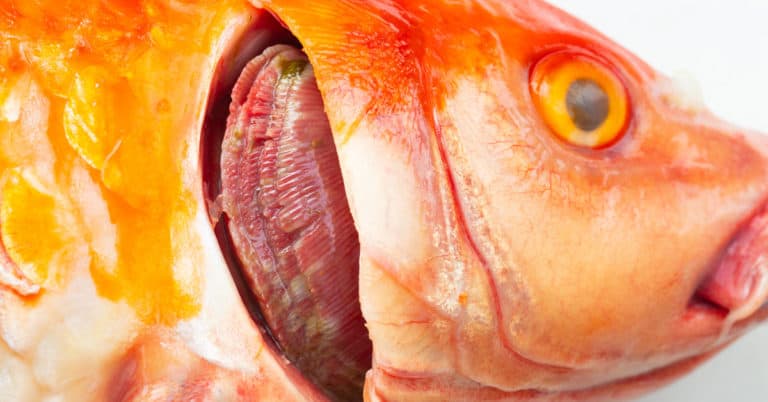Koi Ponds require a lot of time and care to maintain, as there are so many different factors and potential unwanted surprises to consider. As a pond owner, even if you already have a maintenance routine set up, there is always some way to improve it to give your Koi fish a healthier living environment.
If you don't have a good maintenance routine set up - and you don't want to deal with the hassle of maintaining a pond yourself, I would advise that you find a local professional using our koi pond serve providers directory.
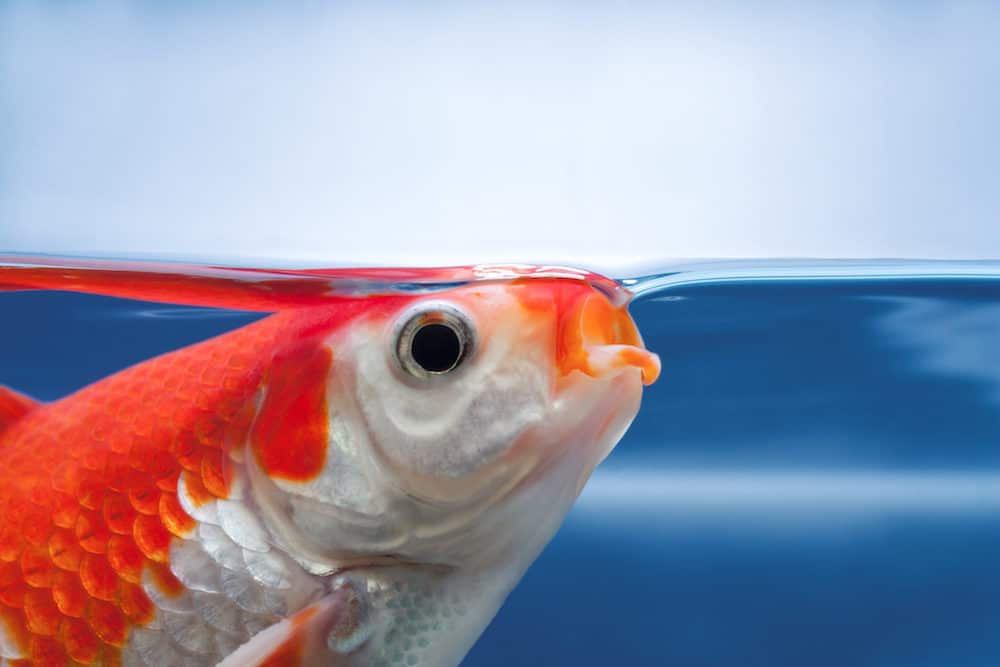
Take dechlorinating pond water as an example. This is a fantastic and easy way to improve the quality of life for Koi fish and other pond inhabitants, and I did not start looking into it myself until recently. Like many Koi Pond owners, I always thought it was okay to take a garden hose and use it as the water source for a pond, but it is far from good because it contains harmful chlorine.
Suppose you have not noticed anything wrong with your Koi fish despite not dechlorinating your pond water. In that case, you may not feel the need to dechlorinate your water at all. However, let's discuss why you should start using koi pond dechlorinators and how to use them properly because once you learn about all the benefits you can provide your Koi fish with this simple change, you will not go back to not dechlorinating your pond water!
For starters, chlorinated water puts stress on the ecosystem of a Koi pond and is heavily toxic to aquatic life due to the chemicals it contains.
Where chlorine in drinking water is suitable for people because it deals with harmful bacteria that we try to avoid, fish do not need those same chemicals dumped into their environment. You must also consider that, unlike people using chlorine to clean things, having it in your Koi Pond water will force your fish to take it into their bodies.
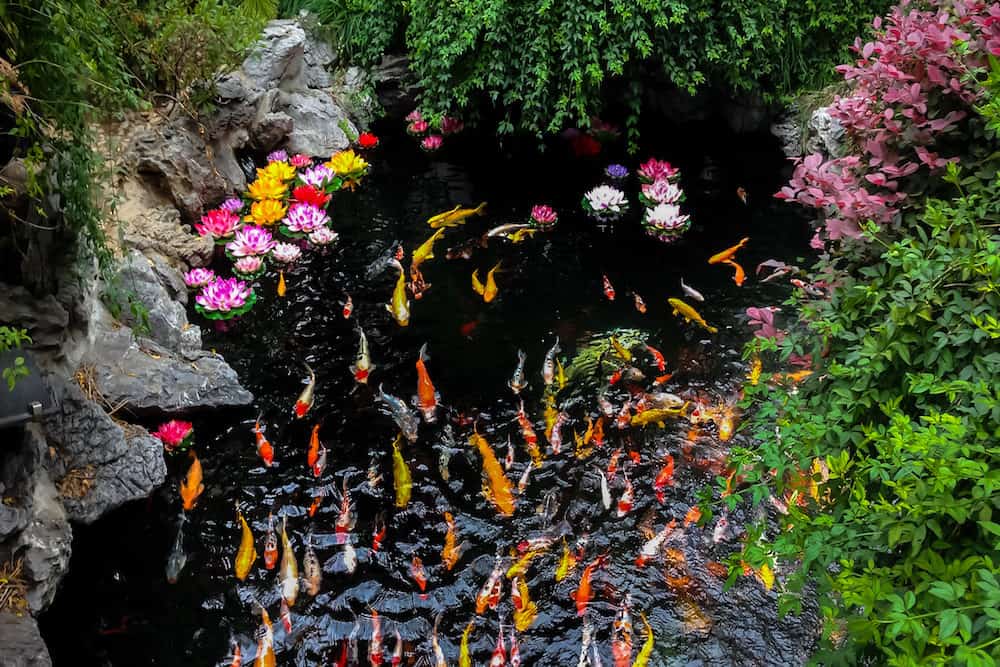
The downsides to Koi fish absorbing chlorine are not as bad as what would happen to a person who drank chlorine, but they are still bad enough to be harmful. Large amounts of chlorine are highly toxic to fish, and even lesser amounts can still cause health problems, like damaging a fish's gills over time.
If you have not been dechlorinating your water and your Koi fish are still behaving fine, then you probably have nothing major to worry about. That said, if you have noticed that your fish sometimes swim around restlessly or that their color is less vibrant, then these are likely signs that the chlorine in your water is taking its toll indicating you need to use a product that detoxifies the Koi pond.
In the worst cases, too much chlorine buildup can cause your Koi fish to die, and this is the main reason I recommend dechlorinating your pond water. Even if your fish are lucky enough to only suffer minor effects from chlorine, they are still suffering needlessly, and we do not want that.
Okay, now that we have covered some of the reasons behind why your Koi fish should not be swimming in chlorine, let us discuss how you can dechlorinate your pond water.
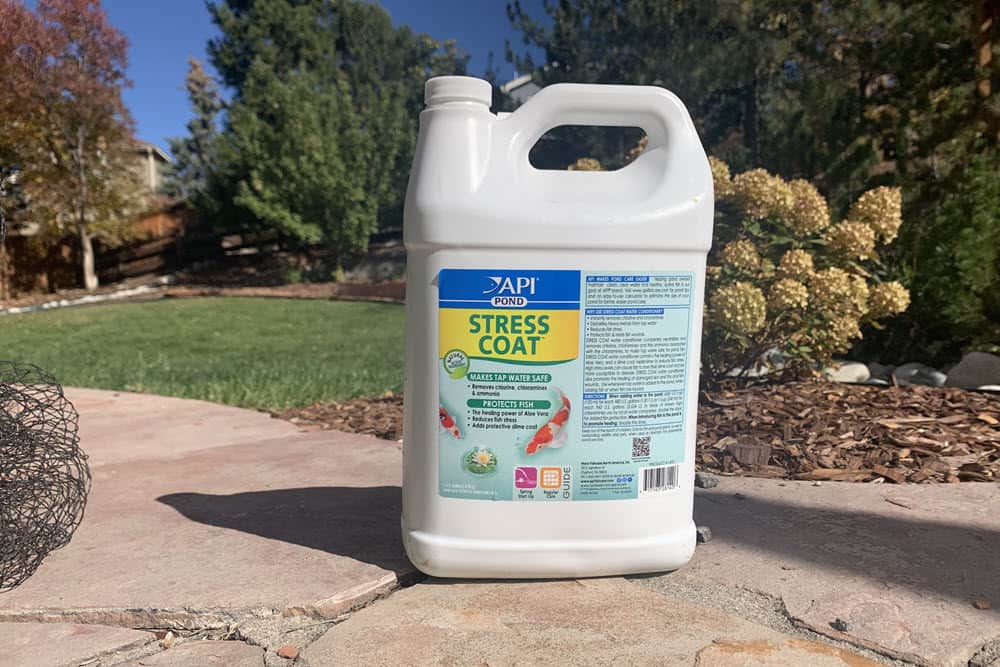
I would say that this first method is the most common because it is easily the most straightforward.
For this method, you will need some pond water dechlorinator(conditioner). You can often find these at a local Home Depot or other home improvement store, and they are not very expensive.
Some Koi pond dechlorinators come in liquid form while others come as powders, and between the two, I recommend getting the liquid versions because I find them easier to work with. Here is an example of a good product for its price point, though I would not advise you to buy the two-liter version if you are new to dechlorinating. The 500ml variant is plenty, especially if you do not have a giant pond.
Because each dechlorinator is somewhat different, you will have to read the manufacturer's instructions to know how much you should use in a dose. Still, generally speaking, the dose will depend on how many gallons of water are in your pond.
So, before you add any dechlorinators, make sure you know how much water your pond holds. If you do not, then determine the measurements of your pond to figure out the number of gallons of water it contains and write the number down somewhere in case you ever forget.
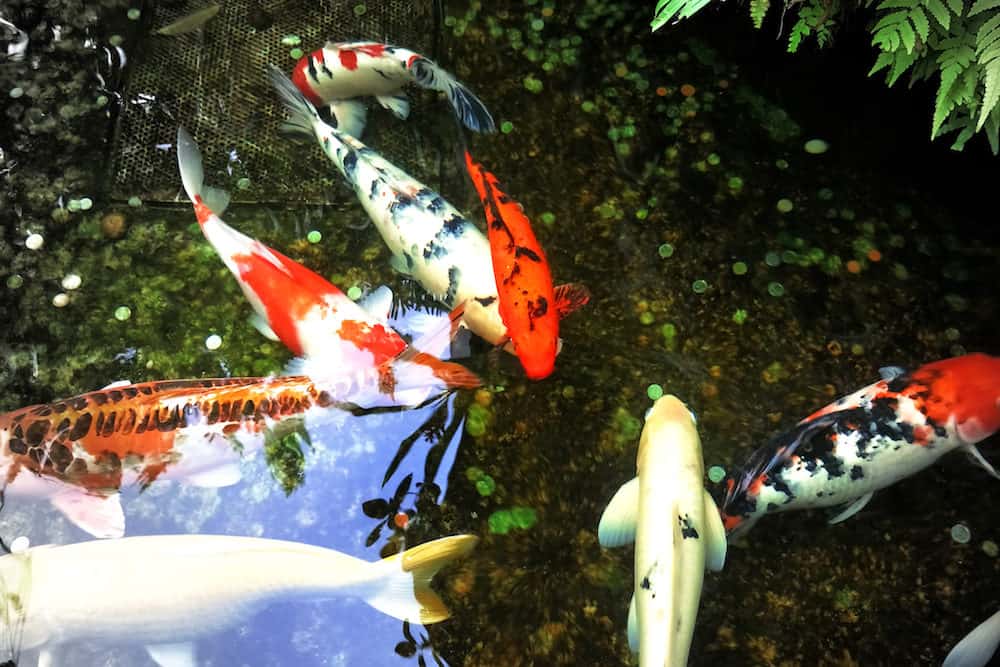
Carbon Filter Hose Attachments are another excellent water filtration option which removes chlorine from pond water. They cost around the same amount as water-based dechlorinators, which means you won't need to worry about breaking the bank to get one!
Remember how I said that most people use their standard garden hoses to add water to their Koi ponds? I want to emphasize that there is absolutely nothing wrong with using a garden hose, so long as you attach a carbon filter to it.
With these attachments, all you do is attach them to the end of a hose and then use the hose as you normally would.
However, as much as I would love for it to be that easy, the downside that I must mention is the limited utility carbon filter hose attachments have.
Unlike the previously mentioned liquid dechlorinators, carbon filter attachments only work when adding water to your garden pond. They are not this magic liquid in a bottle that you can pour into your pond as needed to keep things chlorine-free.
This is partly why carbon filter attachments are primarily used to filter out chlorine during water changes. So, even if you are leaning towards getting the liquid-based dechlorinators, I still recommend getting a carbon filter attachment for your hose as well.
The attachment will help keep chlorine levels nice and low from the get-go whenever you add fresh water to your pond. Meaning that you won't have to use water dechlorinator products as much.
Carbon filter attachments do not last forever, so invest in one that can handle large amounts of water, regardless of whether you have a small or large pond. Doing this will get you the most bang for your buck, as your attachment will last longer before you inevitably have to replace it.

This may come as a surprise to you, but chlorine will actually leave water on its own after a day or two. The chlorine will naturally evaporate, leaving your tap water safe to use for your pond fish. However, I do not recommend choosing this option over the first two.
The biggest downside with this method is that it only gets rid of chlorine, whereas the above methods get rid of both chlorine and chloramine. While chlorine is the main thing we want to get rid of, chloramine is pretty much equally bad since it is a mix of chlorine and ammonia.
Essentially, this is by far the cheapest option because it requires no add-ons or products to make it work, but in being cheap, it is also the least thorough. I should almost mention that it only really works on smaller ponds since you can only let so much water stand at one time, which means it won't work for filling up big ponds with chlorine-free water.
